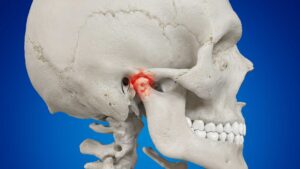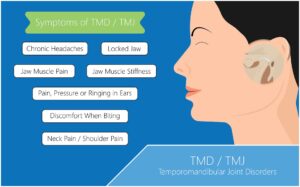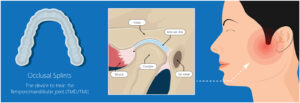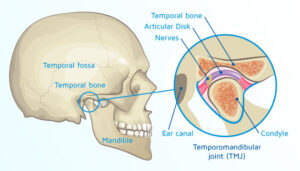Temporomandibular Joint (TMJ) disorders can be a source of discomfort and confusion for many individuals. If you’re seeking answers to your TMJ-related questions and solutions to your concerns, you’ve come to the right place. In this comprehensive guide, we address some of the most frequently asked questions about TMJ disorders, providing you with expert insights and practical advice to help you better understand your condition and find relief.
1. What is TMJ, and what are TMJ disorders?
The TMJ, or temporomandibular joint, is the hinge joint that connects your jawbone to your skull. TMJ disorders encompass a range of conditions that affect the jaw joint and the surrounding muscles, causing pain, discomfort, and functional issues.
2. What are the common symptoms of TMJ disorders?
Common symptoms of TMJ disorders include jaw pain, facial pain, clicking or popping sounds when you open or close your mouth, difficulty chewing or speaking, headaches, earaches, and muscle stiffness in the jaw and neck.
3. What causes TMJ disorders?
TMJ disorders can be caused by a variety of factors, including stress, teeth grinding or clenching (bruxism), arthritis, jaw injuries, misaligned teeth or bite, and genetic predisposition.
4. How are TMJ disorders diagnosed?
Diagnosing TMJ disorders typically involves a comprehensive evaluation by a healthcare professional, such as a TMJ specialist or dentist. This evaluation may include a physical examination, imaging studies like X-rays or MRI, and a review of your medical history.
5. What are the treatment options for TMJ disorders?
Treatment for TMJ disorders can vary based on the severity and underlying causes of your condition. Non-invasive treatments often include lifestyle changes, stress management, physical therapy, the use of a splint or oral appliance, and myofascial release. In some cases, medications or injections may be recommended. Surgical options are considered when conservative treatments are ineffective.
6. Can TMJ disorders be cured?
While TMJ disorders can often be effectively managed and symptoms alleviated, they may not always be completely cured. Treatment aims to improve function, reduce pain, and enhance the overall quality of life for individuals with TMJ disorders.
7. Is surgery always necessary for TMJ disorders?
Surgery is typically considered when conservative treatments fail to provide relief, and the condition significantly impairs a person’s daily life. Surgical interventions like arthrocentesis, arthroscopy, or open joint surgery may be recommended in such cases.
8. Are there any self-help strategies for TMJ disorder relief?
Yes, there are several self-help strategies that can complement professional treatment, including practicing relaxation techniques, avoiding hard or chewy foods, applying moist heat or cold packs to the jaw area, and maintaining good posture.
9. How long does TMJ treatment take?
The duration of TMJ treatment varies depending on the individual’s condition and the chosen treatment approach. Some individuals may experience relief with conservative methods in a few weeks, while others may require ongoing management.
10. Where can I find a TMJ specialist? You can find a qualified TMJ specialist or dentist with expertise in TMJ disorders through referrals from your primary care physician, dental associations, or online directories. Be sure to choose a healthcare provider with experience in diagnosing and treating TMJ disorders. If you’re looking for a welcoming clinic that specializes in natural, non-invasive TMJ treatments and is currently accepting new patients, you can learn more about our services by visiting our clinic.
We’re here to help you on your journey to TMJ relief and improved well-being.
In Conclusion We hope this article has provided you with valuable insights into TMJ disorders and answered some of your most frequently asked questions. Remember, TMJ disorders can significantly impact your quality of life, but effective treatments are available. If you’re experiencing TMJ-related symptoms or seeking relief, it’s essential to consult with a qualified TMJ specialist or dentist with expertise in TMJ management. At our clinic, we are dedicated to offering natural, non-invasive TMJ treatments, and we welcome new patients who are looking for effective solutions to their TMJ-related discomfort. To learn more about our services and how we can help you, please visit our clinic. Don’t let TMJ pain hold you back—take the first step toward a pain-free, more comfortable life.

